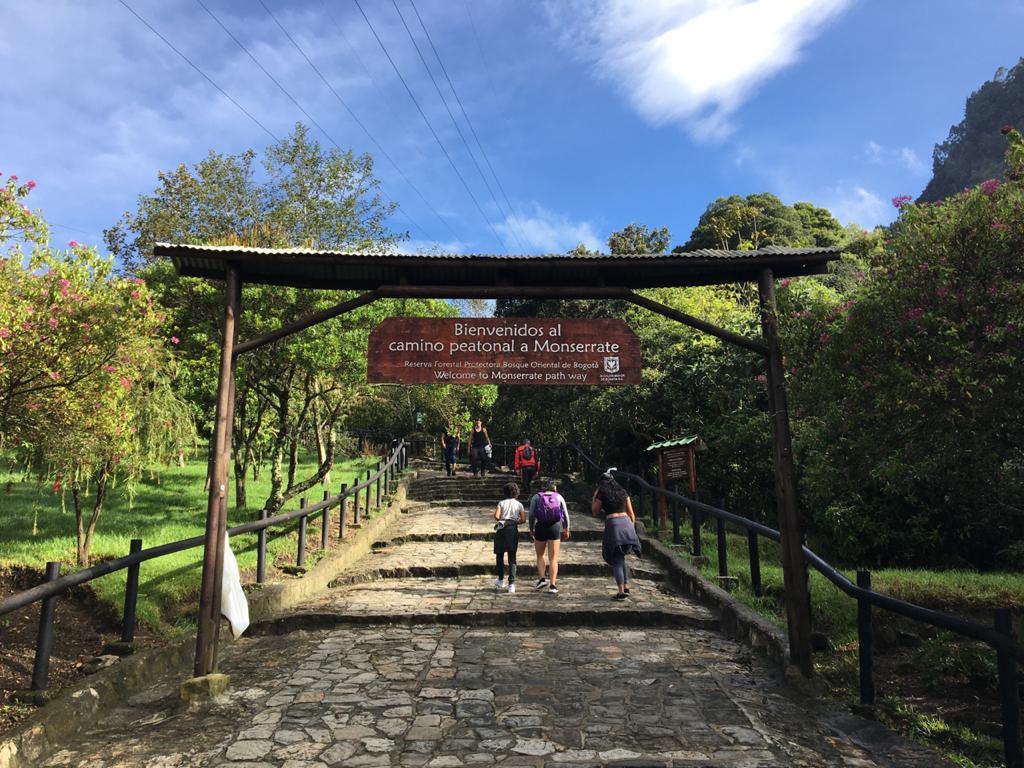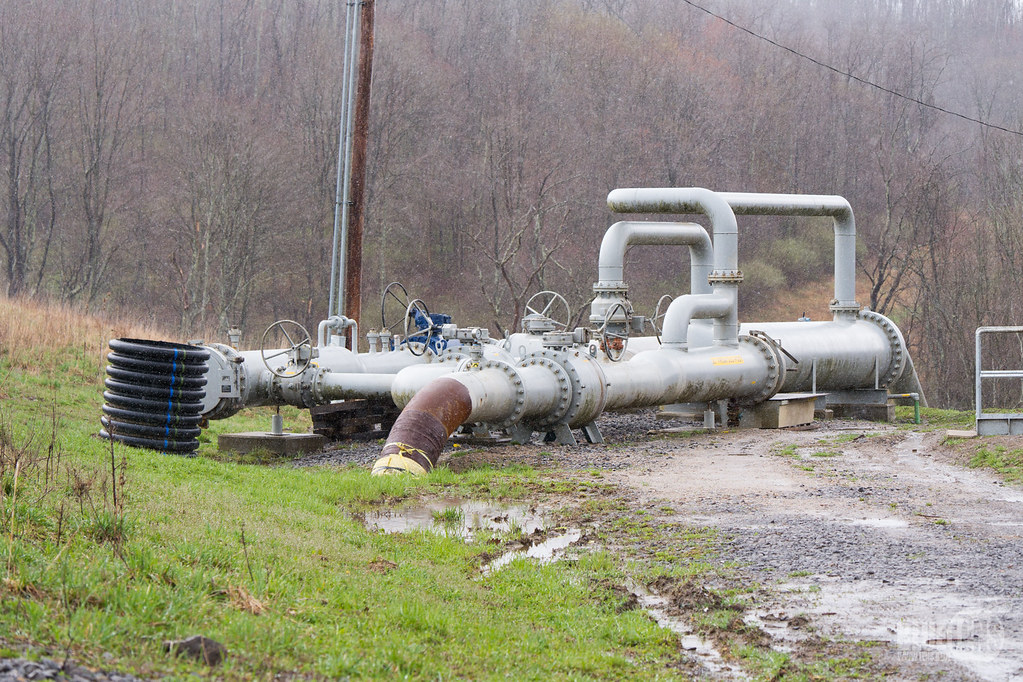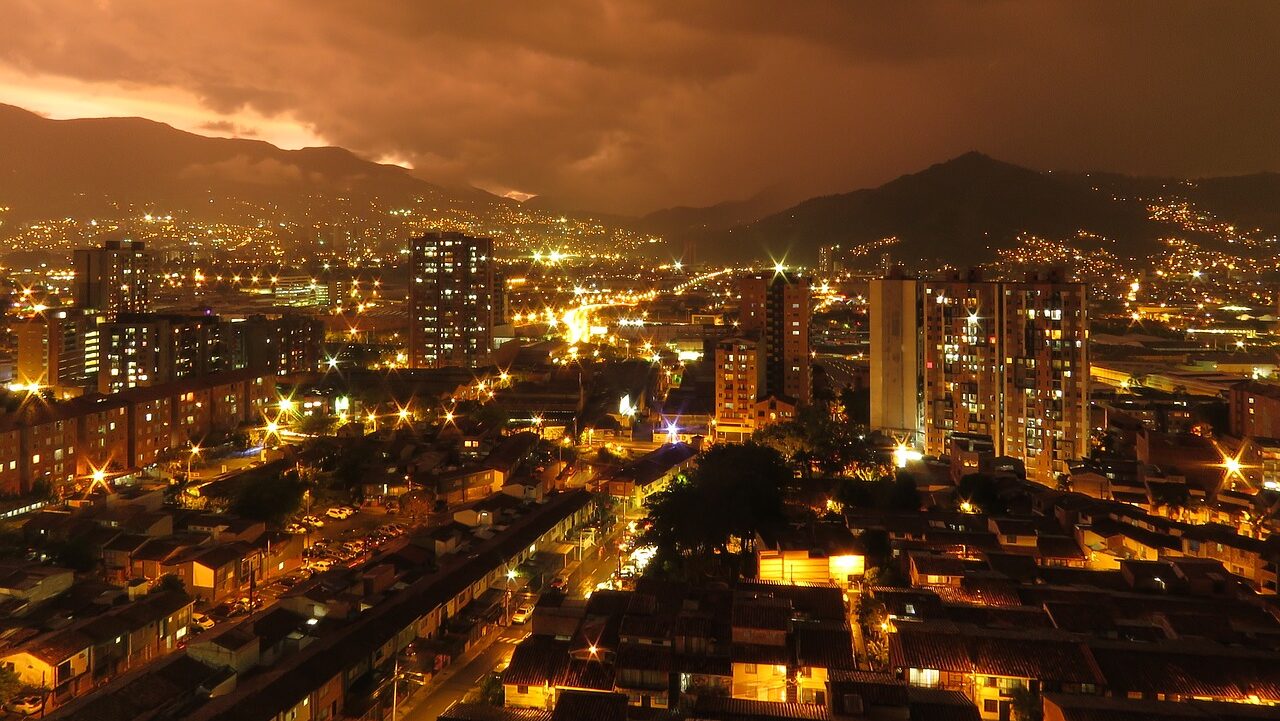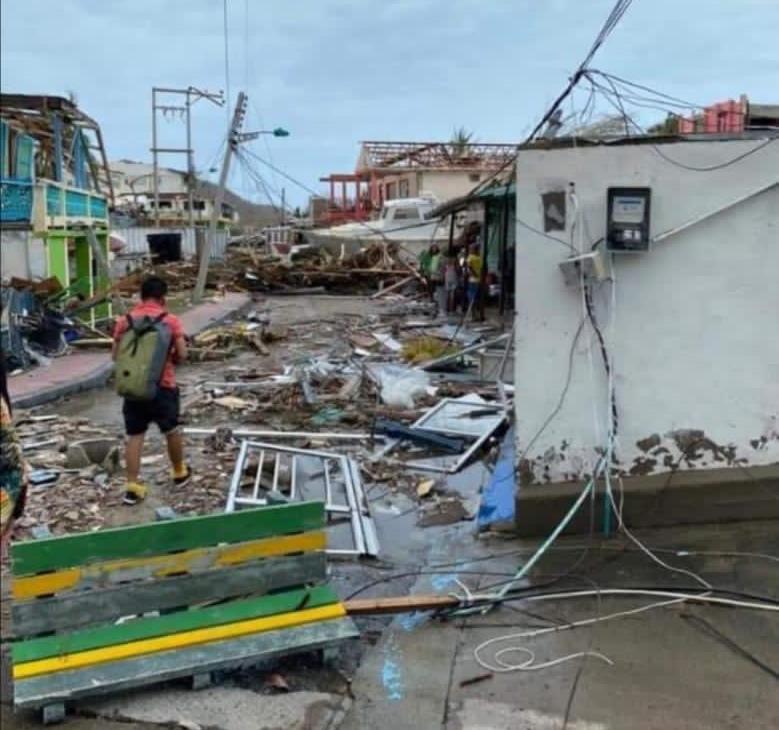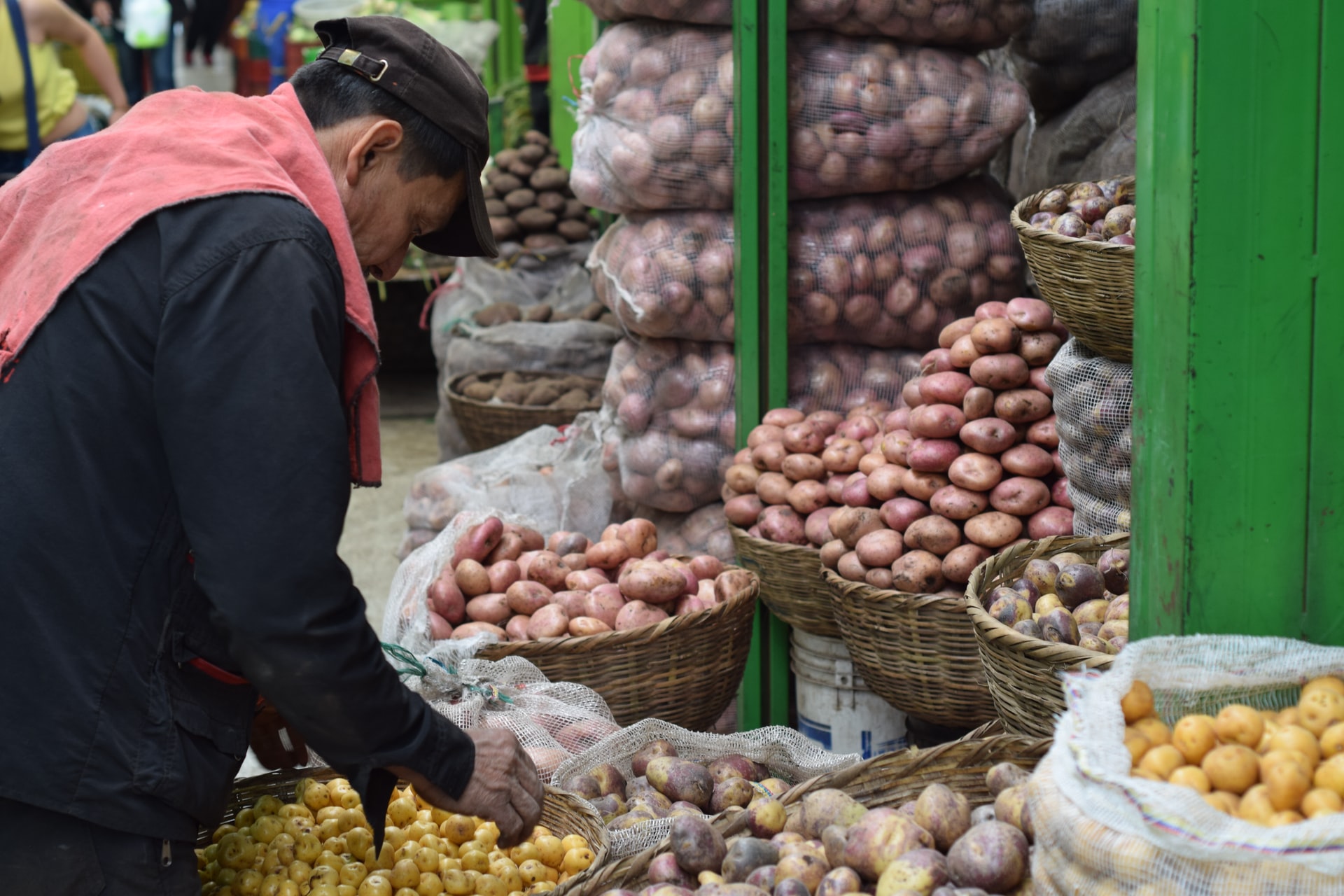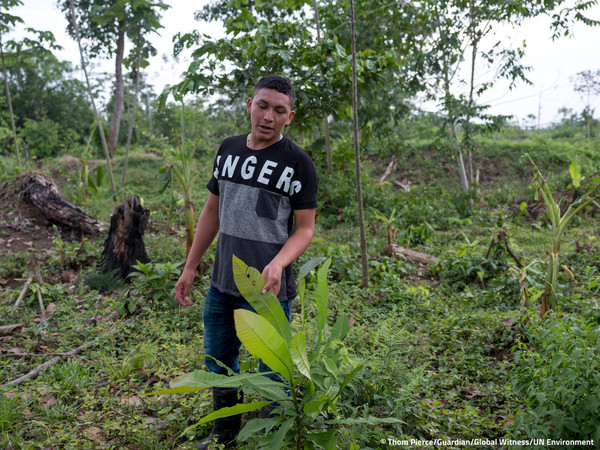
Ramón, whose father was killed by neo-paramilitaries, gives a tour of the land that his family owns, showing the diversity of flora that has been taken over by palm oil plantations. Photo: Thom Pierce / Guardian / Global Witness / EU Environment
New Global Witness report puts Colombia third worst in the world for environmental activist murders.
Hernán Bedoya was riding on horseback close to his village in Chocó, when he was intercepted on a bridge by two members of a neo-paramilitary group and shot 14 times.
The case of the murdered Afro-Colombian activist who opposed the incursion of banana, cattle and palm oil companies is profiled in the annual Global Witness report ‘At What Cost?’
The July report details 24 environmental campaigners who were murdered in Colombia last year, of whom Bedoya is one – putting the country third on the list globally for this type of activist killing.
His son, Ramón Bedoya, said that his father was well-aware of the risks associated with his activism before his assassination in December, 2017. “The threats were nearly constant, they kept saying they were going to kill him, they were going to kick him off his property,” he told researchers.
Billy Kyte, campaigner at Global Witness, told The Bogotá Post, “The situation for land and environmental activists has worsened since the signing of the peace accord. With the FARC demobilising, new militias have sprung up, vying with paramilitary groups to control land which belongs to the indigenous, Afro-Colombian and other rural communities who had to vacate it during the civil war and are now returning home following the signing of the peace agreement.”
Colombia has consistently been in the top three worst countries since these reports began in 2002, and the authors highlight impunity as a key factor. Kyte continued, “The danger is exacerbated by the fact that governmental protection programmes for human rights defenders remain limited in their effectiveness and – vitally – that perpetrators of previous attacks on defenders are rarely prosecuted. Together with the Cyrus R. Vance Center for International Justice we researched how many cases of murders of these activists led to convictions and found that 92% of the crimes go unpunished in Colombia.”
Related: social activists under threat
Information obtained from the Colombian prosecutors’ office by Global Witness showed that of the 122 cases collected between 2010-2016, 102 investigations had been launched, and of those investigations, just eight had received a conviction.
Colombian NGO Somos Defensores, also raised the issue of impunity for activist murderers, saying it is because public prosecutors often lack the necessary resources, information and training to adequately investigate and convict human rights abusers.
“This [impunity] is the worst message that the state can send to those who commit [these] crimes, since this incentivises them instead of punishing them, because they will see that there are no consequences to their actions.”
Kyte has this advice for the new president as he takes office: “The government needs to tackle the root causes of the issue by prioritising and guaranteeing implementation, across all departments of the country, of land restitution processes and related clauses of the peace agreement.”
In addition, he sees it as essential that the government implement adequate protection measures for at-risk activists and that they “should sufficiently resource the independent taskforce and investigation unit for attacks against activists.”
Find the full Global Witness report ‘At What Cost?’ here.

